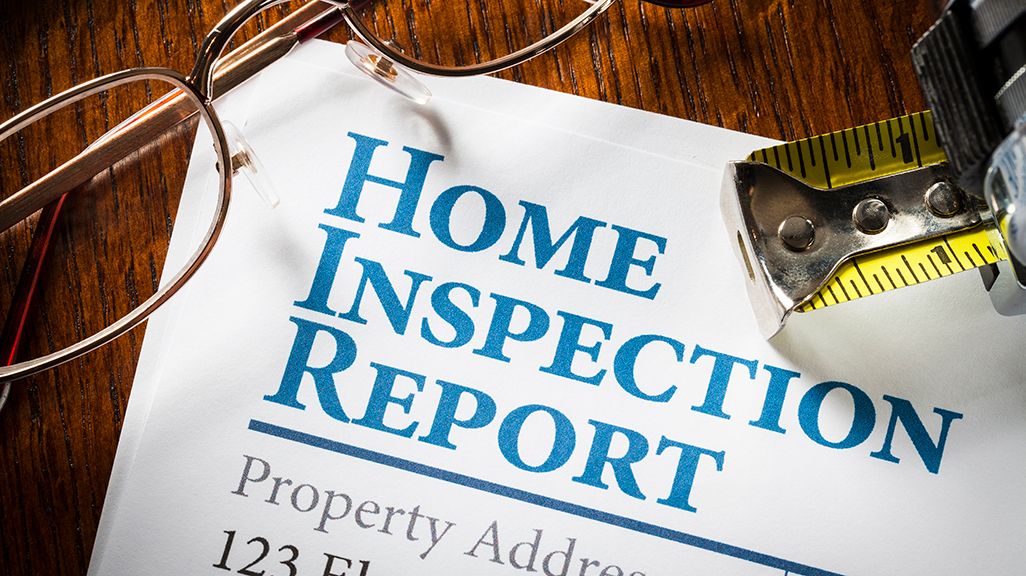
After a potential sale is terminated, what are the obligations for disclosing that inspection? It’s a frequent question we hear on the PAR Legal Hotline.
The only obligation a seller has regarding inspection reports following a terminated deal rests entirely upon whether a material defect is identified through an inspection. The Pennsylvania Seller Disclosure Law requires sellers to disclose known material defects of a residential property to potential buyers, but it does not matter how a seller learns of that material defect. This includes material defects identified through a buyer’s inspection when the transaction does not ultimately close. In this situation, the seller’s property disclosure must be updated. There are three common ways for a seller to update a SPD.
One option to update the disclosure is to prepare a completely new SPD. When electing this route, the listing agent should take reasonable steps to make unavailable any previous SPD.
Another option is to use the Seller’s Property Disclosure Statement Addendum (Form SDA). The SDA can be attached to an existing seller’s disclosure when there is any change to the seller’s disclosure. When using the SDA, each item requiring additional disclosure should be specifically identified and the combined seller’s disclosure with SDA made available to potential buyers. It is not necessary to attach inspection reports to the SDA.
A final method to update a seller’s disclosure is by simply attaching the inspection reports received from the buyer to the existing seller’s disclosure. It would probably be prudent to consider attaching all of the inspection reports received by the seller and not just those portions identifying material defects, but that decision can be made on a case-by-case basis.
It is important to remember that while a seller is obligated to disclose the material defects identified through an inspection, there is no obligation for the seller to share the actual inspection reports with subsequent potential buyers, nor is there a prohibition against it. A subsequent potential buyer can certainly ask a seller for copies of prior inspection reports, but whether to share prior inspection reports is entirely within seller’s discretion.
One final thought. However the SPD is updated to disclose newly identified material defects, it should be verified that future potential buyers receive and acknowledge the most current SPD. A buyer relying upon a prior, inaccurate SPD increases the risk of a later claim against the seller, the listing agent and the listing brokerage for not properly disclosing known material defects. Additionally, a licensee could be sanctioned by the State Real Estate Commission as a result of an incomplete disclosure of material defects the licensee knew about.
Topics
Member Discussion
Recent Articles
-
Study Shows Pa. Has High New Construction Premiums
- May 5, 2025
- 3 min. read
The Affordability and Homebuilding: State-by-State Report Cards showed that states in the Northeast and West, which generally have stricter zoning and land use regulations, received some of the lowest grades in affordability and homebuilding.
-
New Cumberland Valley Neighborhood Preserves Nature, Plans for 1,000 Homes
- May 2, 2025
- 2 min. read
Grange was transformed from a century-old dairy farm into a modern neighborhood that meets the needs for multigenerational living and various other lifestyles.
-
AANHPI Realtors® Guide Buyers and Sellers With Confidence
- May 1, 2025
- 6 min. read
In honor of Asian American, Native Hawaiian and Pacific Islander Heritage Month, PAR recognizes several AANHPI Realtors® who are making a difference through their work and their commitment to their communities.
Daily Emails
You’ll be the first to know about real estate trends and various legal happenings. Stay up-to-date by subscribing to JustListed.



